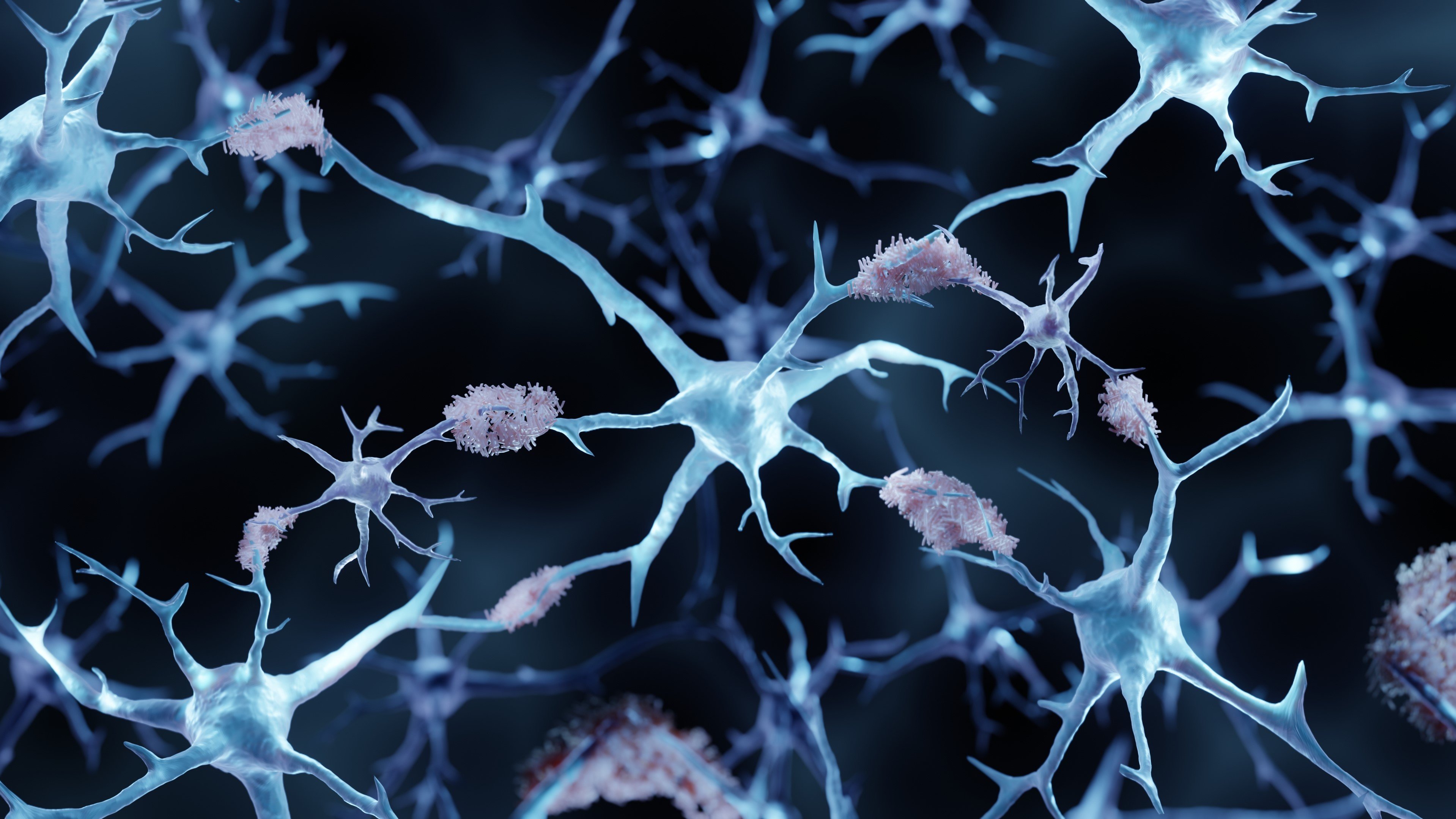Araclon vaccine appears to slow Alzheimer's in exploratory phase 2 analysis, spurring review of next steps
25 Oct 2023
Clinical ResultPhase 2Vaccine

Preview
Source: FierceBiotech
The final data for Araclon Biotech's Alzheimer’s disease vaccine confirm the absence of meningoencephalomyelitis or ARIA-E.
Araclon Biotech has provided early evidence that its Alzheimer’s disease vaccineAlzheimer’s disease vaccine is effective, linking the candidate to a 38% slowdown in disease progression compared to placebo in an exploratory analysis of phase 2 data.
The Spanish biotech, which is part of Grifols, reported final data from a phase 2 clinical trial of its vaccine candidate ABvac40 in a late-breaking presentation at the 2023 Clinical Trials on Alzheimer's Disease conference. Investigators randomized 134 patients with amnestic mild cognitive impairment or very mild Alzheimer’s to receive ABvac40 or placebo across a 24-month study and crossover extension.
ABvac40 “slowed disease progression up to 38% compared with placebo as measured by the Mini-Mental State Examination score,” a common way of assessing cognitive impairment. The trial wasn’t powered for finding efficacy on the score, but, in a press release, Araclon said it is encouraged by the data.
"We are pleased to report final positive results from the phase 2 study of ABvac40, including a robust immune response with some significant reduction in disease progression, all with a favorable safety profile,” Araclon CEO Jose Terencio, Ph.D., said in a statement. “The results reported for ABvac40 to date validate its clinical potential. We look forward to evaluating next steps for this program.”
ABvac40 is an active vaccine against Aβ40, a peptide found in plaques and vascular deposits that is linked to earlier onset of dementia. Work on a previous Alzheimer’s vaccine candidate, Elan Pharmaceuticals’ AN1792, stopped in phase 2 after patients developed meningoencephalitis. But Araclon has tried to step around that safety problem by eliminating the epitope recognized by T cells from its candidate.
Over the past 12 months, Araclon has begun to make the case that it has addressed the safety concerns that torpedoed AN1792, presenting top-line phase 2 data late in 2022 and following up with the findings (PDF) of a crossover extension earlier this year. No patients developed meningoencephalomyelitis or ARIA-E—brain swelling associated with other Alzheimer’s drugs—in the crossover extension. The rates of ARIA-H, a term for cerebral microhemorrhages, were similar in the vaccine and placebo group.
The final data confirm the absence of meningoencephalomyelitis or ARIA-E in recipients of the vaccine candidate. A caveat to the positive safety result is that Araclon is yet to run a trial as big as the Elan study that killed off AN1792. In that trial, 18 of the 300 immunized patients developed meningoencephalitis.
For more details,please visit the original website
The content of the article does not represent any opinions of Synapse and its affiliated companies. If there is any copyright infringement or error, please contact us, and we will deal with it within 24 hours.
Organizations
Targets
-Drugs
Hot reports
Get started for free today!
Accelerate Strategic R&D decision making with Synapse, PatSnap’s AI-powered Connected Innovation Intelligence Platform Built for Life Sciences Professionals.
Start your data trial now!
Synapse data is also accessible to external entities via APIs or data packages. Leverages most recent intelligence information, enabling fullest potential.




